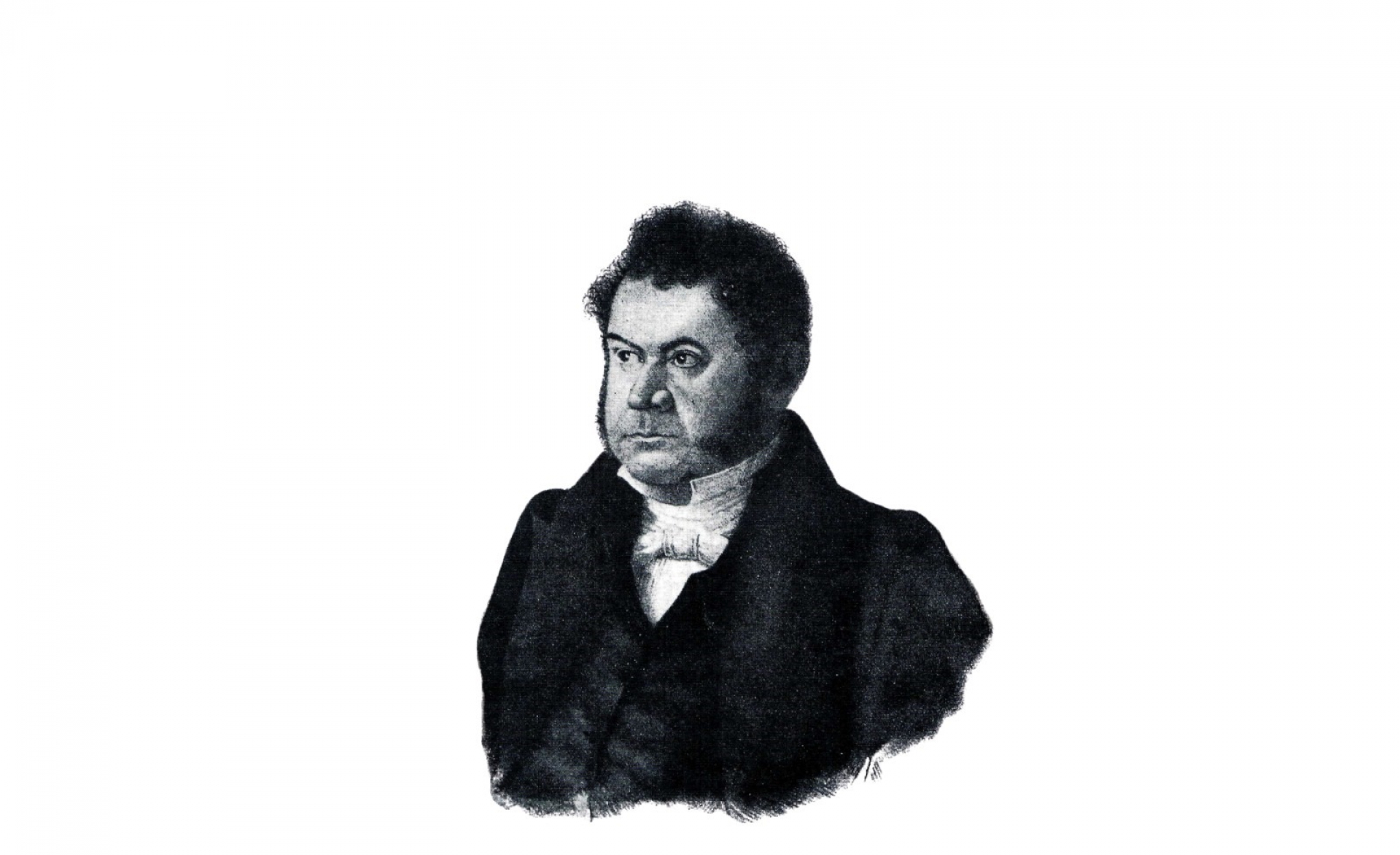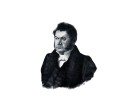On 10 October 1856 Vicente López y Planes, author of the lyrics of the Argentine National Anthem, died. He had an outstanding political career and played a very important role in the first years of the independent nation.
Born in Buenos Aires on May 3, 1784, López y Planes studied at the Colegio Nacional Buenos Aires. He later earned a doctorate in law at the University of Chuquisaca. He enlisted as an officer in the Regiment of Patricios, in which he excelled in the defence against the English troops.
Although he is mostly remembered for being the author of the lyrics of the Argentine National Anthem, his contribution to the country encompasses much more than this cultural milestone. He held numerous positions, being one of the protagonists in the construction of the country's institutional foundations. Among his most notable responsibilities, he held the provisional presidency of the Argentine Republic in 1827, following the resignation of Bernardino Rivadavia, at a time when the country was undergoing profound political and territorial crises. His leadership during this period was crucial in maintaining stability while key agreements for the future of the nation were negotiated.
In addition, López y Planes played a central role in public administration. He was a member of the Board of Representatives of Buenos Aires and held important posts in the governments of Juan Martín de Pueyrredón and Juan José Paso. He also served as Minister of Finance and President of the House of Representatives. His role as a political leader allowed him to participate in the elaboration and signing of transcendental documents for the political organisation of the United Provinces of the Río de la Plata.
Throughout his life, Vicente López y Planes combined his devotion to culture and literature with a strong commitment to the institutional development of Argentina. His literary work, especially the National Anthem, lives on in the hearts of Argentines, while his legacy as a statesman contributed to consolidate the first steps of the nation. He spent his last years in the city where he was born and where he had spent most of his career. He died in Buenos Aires on 10 October 1856.

